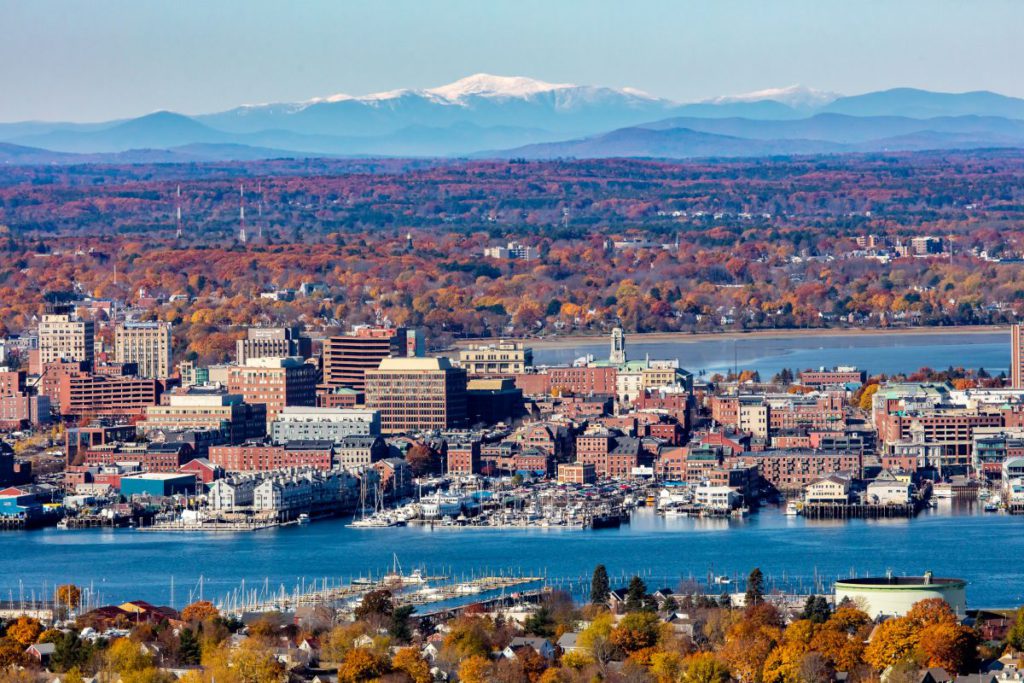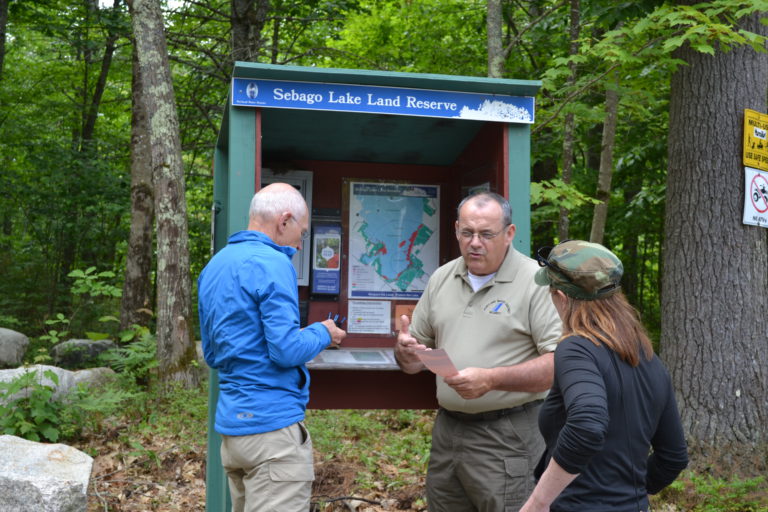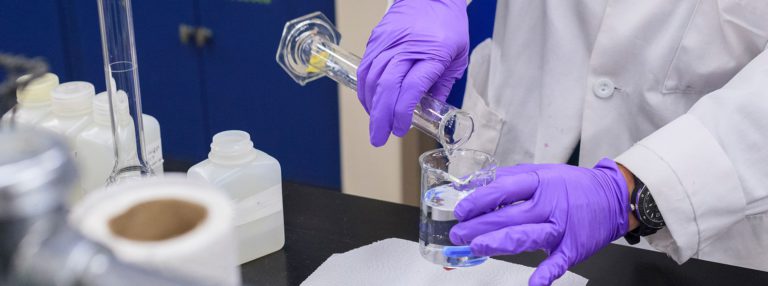Industrial Pretreatment

Click above to watch a video about Industrial Pretreatment at the Portland Water District
IPT Newsletter Issue 1: Pretreatment Introduction
IPT Newsletter Issue 2: Identifying Businesses for IPT
IPT Newsletter Issue 3: The Permitting Process
IPT Newsletter Issue 4: Permit Contents
Did you know that there are two kinds of wastewater? The first kind comes from homes and businesses and is called domestic wastewater – the sort of thing that goes down the drain when you flush the toilet, take a shower, do laundry or do other normal household activities. The second kind is called industrial wastewater, which comes from factories, food processors, metal finishers and others who use water to produce a product.
Conventional wastewater treatment facilities (like the ones run by PWD) are designed to treat domestic wastewater. The wastewater generated by industrial customers, though, can be very different from the type the plant is designed to treat. Depending on the type of industry, industrial wastewater can be caustic or corrosive, too hot, contain too much oil and grease, contain high concentrations of metals or other toxic chemicals, and/or have high concentrations of food processing byproducts in it. If left unchecked, these types of industrial waste can cause a lot of harm to the sewers and/or wastewater treatment facilities. That’s why some industries must pretreat their wastewater before it leaves their facility. The Clean Water Act requires that there be a program – known as an Industrial Pretreatment Program or IPT Program – for preventing industrial wastewater from causing problems. These problems can include:
Pass-through
Pass-through occurs when industrial wastewater does not get treated at all by the conventional treatment at a wastewater treatment plant and “passes through” the plant right into the receiving water.
Interference
Industrial wastewater can potentially interfere with the safe and effective operation of the sewer system or the treatment plant. An obvious example is the buildup of grease clogging a sewer.
Impact the Treatment Works
Industrial wastewater could also affect the treatment plant’s ability to work. For example, a conventional treatment plant uses micro-organisms to “consume” the human waste in the wastewater. Some chemicals can be toxic to the micro-organisms and leave them unable to function. The result is that none of the pollution coming to the treatment plant is effectively removed.
Impact the Treatment Workers
Industrial wastewater can potentially pose a threat to the health of sewer system or treatment plant workers. One example would be if an industry discharged wastewater that generated toxic fumes.

PWD administers two Industrial Pretreatment Programs to ensure that the treatment plants in these communities aren’t harmed and the environment is protected from wastewater coming from industrial customers.



